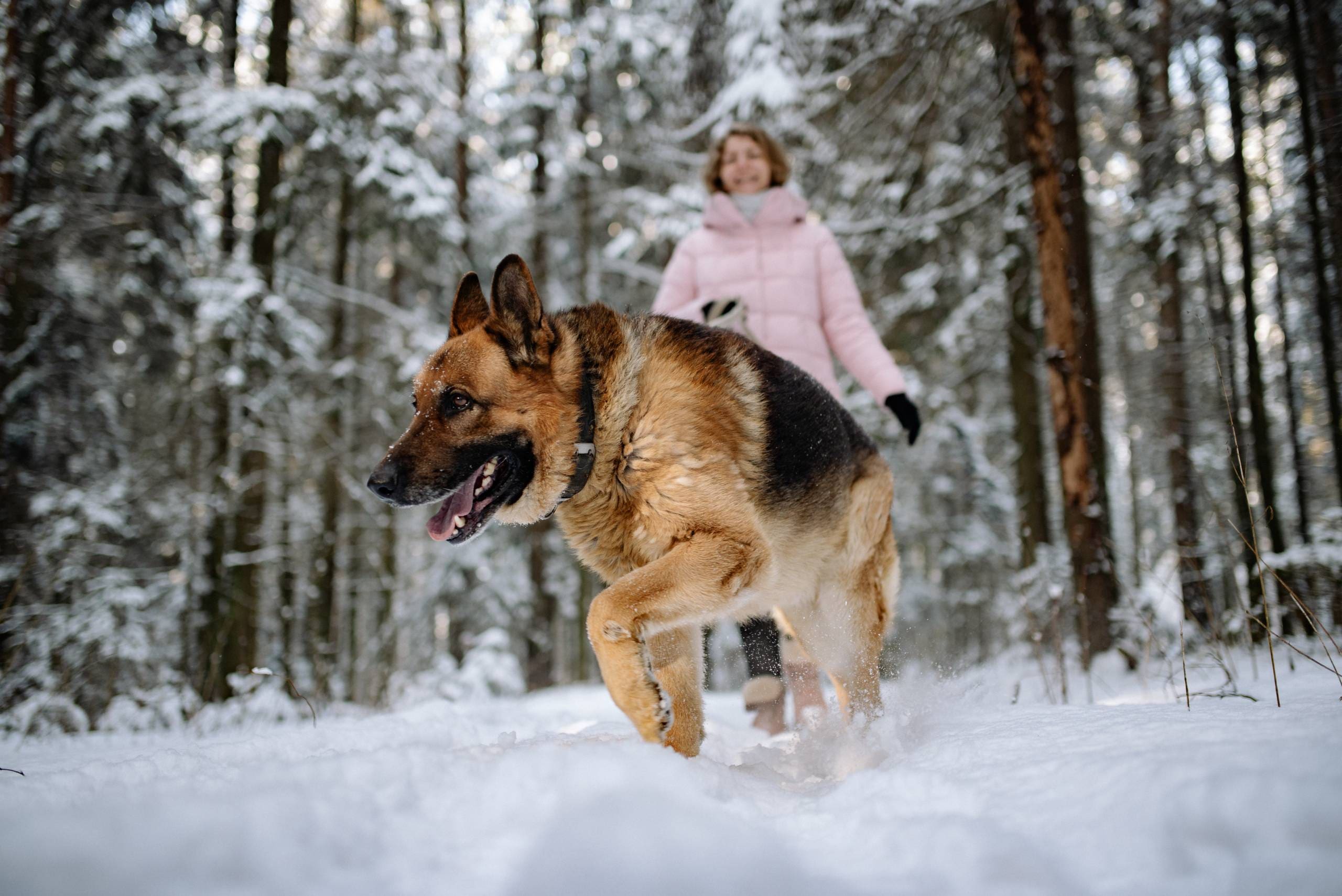Great Danes, with their majestic stature and gentle demeanor, often capture the hearts of many. However, their impressive size raises important questions about their health and longevity. The average lifespan of a Great Dane typically spans 7 to 10 years. This lifespan is generally shorter compared to smaller breeds, largely due to the physiological and metabolic factors at play in larger dogs.
Genetics and Health
Genetics play a pivotal role in determining a Great Dane’s lifespan. Certain breeds are predisposed to hereditary conditions that may shorten their lives. Great Danes are particularly vulnerable to health issues such as dilated cardiomyopathy (a serious heart condition), hip dysplasia, and various types of cancer. Responsible breeding practices can mitigate these risks. Therefore, it is crucial to choose a reputable breeder who conducts thorough health screenings on their breeding stock.
Nutrition Matters
Proper nutrition is essential for ensuring a longer, healthier life for Great Danes. They require a well-balanced diet that caters to their specific needs, focusing on high-quality dog food rich in protein, fats, and carbohydrates. Obesity is a significant concern due to their size, and maintaining a healthy weight through appropriate nutrition and regular exercise is critical.
Veterinary Care
Regular veterinary check-ups are vital for the health of Great Danes. Routine examinations can catch potential health issues early, allowing for timely interventions. Essential components of a comprehensive healthcare plan include vaccinations, dental care, and preventive medications for parasites. Awareness of warning signs for common health problems—like lethargy, difficulty breathing, or appetite changes—can help in identifying issues promptly.
Exercise and Activity
Although Great Danes are known for their calm demeanor, they still need regular physical activity. Daily walks, playtime, and mental stimulation are crucial for their overall well-being. It’s important to avoid vigorous exercise immediately after meals to reduce the risk of bloat, a potentially life-threatening condition, and to feed smaller, more frequent meals.
Socialization and Training
Proper socialization from an early age contributes to a Great Dane’s emotional health. Exposing them to various environments, people, and animals fosters well-adjusted behavior and reduces anxiety. Training strengthens the bond between dog and owner while providing essential mental stimulation.
Aging and Comfort
As Great Danes age, they may encounter new health challenges such as arthritis and cognitive decline. Creating a comfortable living space—complete with orthopedic beds and easy access to food and water—can significantly enhance their quality of life. Regular veterinary visits become increasingly important to ensure their care evolves with their changing needs.
Emotional and Mental Well-Being
Great Danes thrive on companionship and emotional connection. Spending quality time with them, whether through cuddling or outdoor activities, is vital for their emotional health. Engaging them in puzzle toys or training sessions keeps their minds sharp and helps prevent cognitive decline.
Environmental Considerations
The environment plays a crucial role in a Great Dane’s happiness and longevity. A safe, stimulating home free from hazards contributes to their overall well-being. Providing a secure space for them to relax is also important.
Unique Journeys
Every Great Dane is unique, and while the average lifespan may be around 7 to 10 years, some may live longer with exceptional care and a healthy lifestyle. The bond formed with a Great Dane is one of life’s most rewarding experiences. Focusing on their health, happiness, and overall well-being enriches both their lives and yours.
Navigating the joys and challenges of Great Dane ownership can be immensely fulfilling. By prioritizing their health and happiness, a life filled with love, companionship, and unforgettable moments unfolds. Embrace each day with your Great Dane, ensuring that it is filled with joy and affection.



